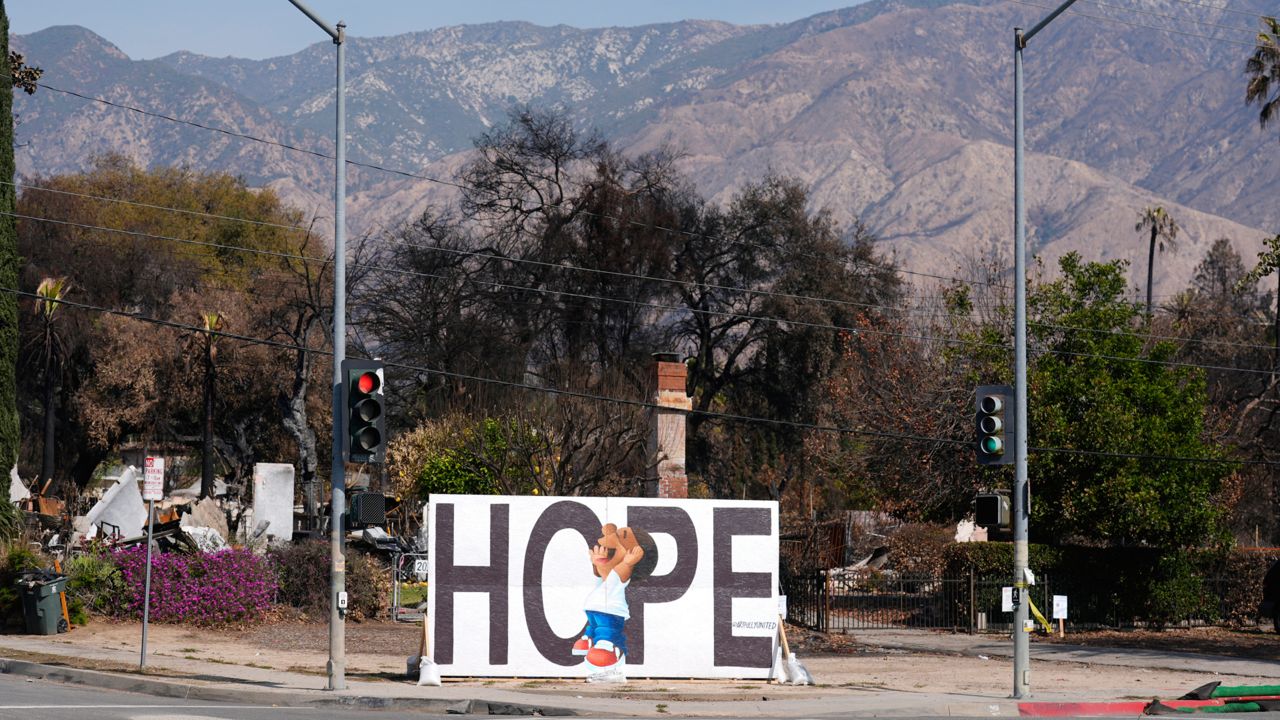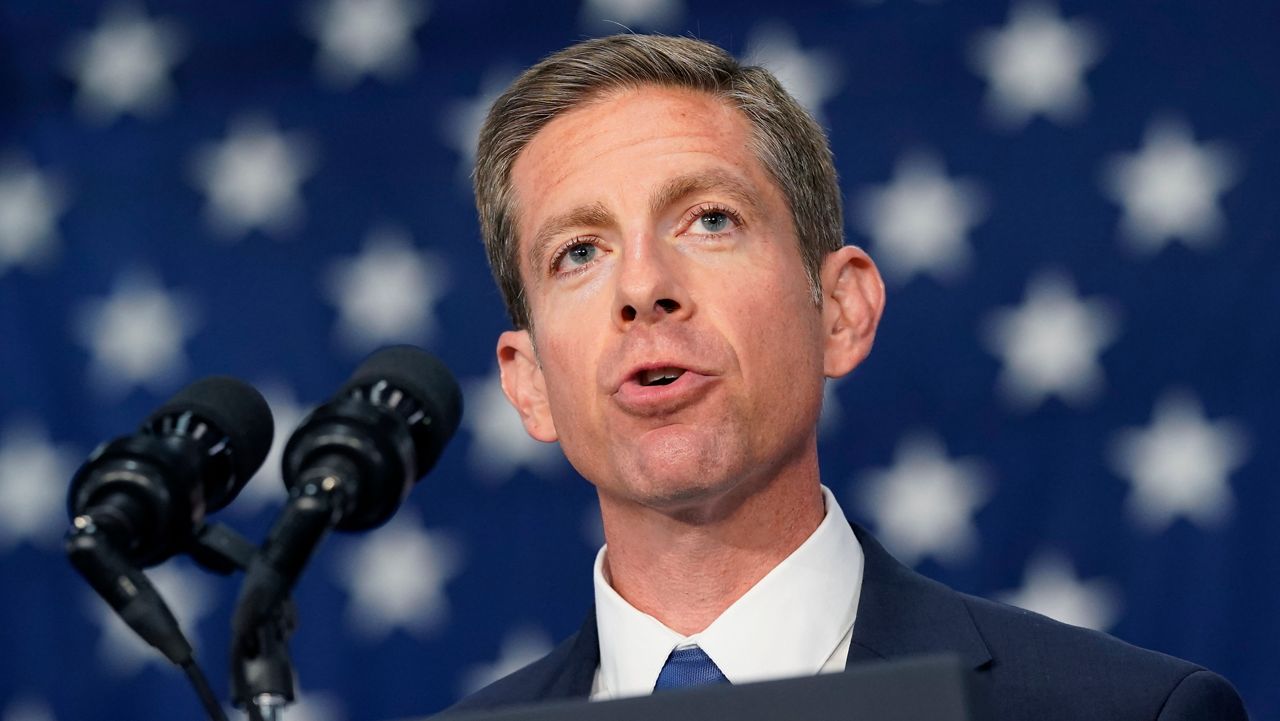EL SEGUNDO, Calif. — More than 310,000 new cases of breast cancer will be diagnosed in U.S. women by the end of this year, according to the American Cancer Society.
The organization launched a weeklong breast cancer awareness campaign in 1985, which eventually became a monthlong movement to educate women on how to be proactive about their breast health, and to support those who have been diagnosed.
On this week’s “In Focus SoCal,” host Tanya McRae meets Elizabeth Nguyen, who was diagnosed with stage 2 triple-negative breast cancer at the age of 30. Her surgical oncologist, Dr. Kelly Huynh, said Nguyen’s diagnosis at her age is unusual, but that this type of breast cancer is one of the more common ones in younger women.
New guidelines from the U.S. Preventive Services Task Force now urge women to get screened starting at age 40, ten years sooner than previously recommended.
“Just like Elizabeth, younger women are more commonly diagnosed with breast cancers that can be biologically more aggressive,” Huynh said.
Nguyen did radiation treatment and two rounds of chemotherapy. Five months after her diagnosis, she underwent a mastectomy. Nguyen also changed her lifestyle, starting to workout and eating only whole organic foods.
“The greatest challenge is probably the aftermath. Finding who I am now is probably the greatest journey,” Nguyen said.
McRae also sits down with Assemblymember Lori Wilson who was diagnosed with breast cancer last year.
“I’m really excited because I am now one year from my last treatment and my body feels great and I’m excited to be in this building back better phase and just having more energy and getting a lot of work done,” Wilson said.
The assembly member discussed her legislation that will safeguard Californians from harmful chemicals in medical supplies, specifically DEHP.
“DEHP is a product that is found in IV bags and tubing, which makes it flexible but it leeches into whatever’s in the bag,” Wilson said. “And so for those that are having breast cancer treatment, chemo in particular, it lowers the efficacy rate of those drugs that are meant to heal you and could cause even further damage.”
Dr. Carlie Thompson from UCLA also joins the conversation and discusses updated recommendations for women to get screened for breast cancer, as well as advancements in personalized treatments depending on the subtype of breast cancer a woman is diagnosed with.
“There is a general push in our field to really try to personalize breast cancer treatment to allow the best outcomes for the individual,” Thompson said.
Send us your thoughts to InFocusSoCal@charter.com and watch at 11 a.m. on Saturdays and 9 a.m. on Sundays.













